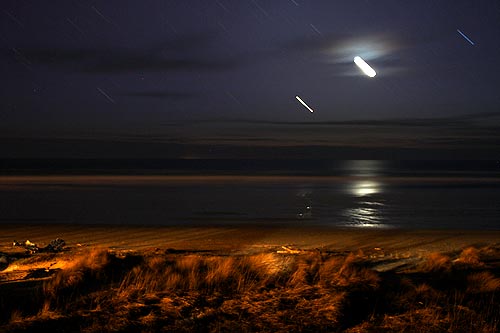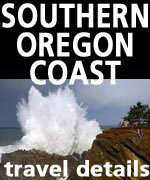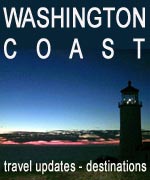Why Stars Twinkle, Change Colors: Portland, Oregon, Washington Coast Astronomy
Published 10/23/20 at 11:04 PM PDT - Updated 10/2024
By Andre' GW Hagestedt
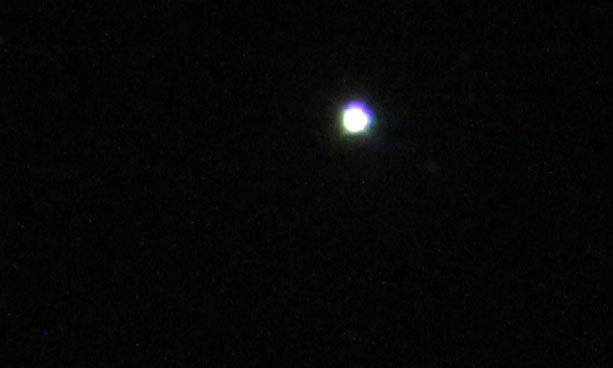
Includes exclusive listings; some specials in winter
In Cannon Beach:
Includes rentals not listed anywhere else
In Manzanita, Wheeler, Rockaway Beach:
Some specials for winter
In Pacific City, Oceanside:
Some specials for winter
In Lincoln City:
Some specials for winter
In Depoe Bay, Gleneden Beach:
Some specials for winter
In Newport:
Look for some specials
In Waldport
Some specials for winter
In Yachats, Florence
Some specials for winter
(Portland, Oregon) – It’s two a.m. in Portland, I'm working late at the main office of Oregon Coast Beach Connection, and I decide to go for a walk along Beaverton / Hillsdale Highway. A night that’s clear as a bell - the stars are shining brightly even in P-town.
In the southeast I see a flashing aircraft coming in. or so it seems. But its flashing is off kilter, and soon I realize it doesn’t seem to be moving at all. This is a star, located a little ways under Orion, and it’s flashing weird colors: flickering white on and off, interspersed with faint greens and definite reds and blues. It looks more like a police car in the sky.
What in the hell? This is one of the weirdest things I’ve ever seen in the sky, and I check it out almost every night.
I run back to grab my camera gear and manage to catch a few shots of this and some video. Surprisingly, I actually get this object in the sky flickering, but alas I can’t get the colors I see with the naked eye. However, if you look closely at the video (you have to blow it up full screen, and then some), about the 45 second mark you can see very faint and brisk color changes, including a blue blob that seems to come from its bottom right.
I know better than to start sinking into silly UFO thoughts, but a horrible, 2020-esque idea does briefly pop up: a deadly pulsar. Nope, that’s just my imagination, too. Too much Star Trek recently. My biggest guess of what’s going on here turns out correct, I am pleased to say.
Ironically, if I'd been on the Oregon or Washington coast, I wouldn't have seen this. It would've been hidden behind mountains to the east.
I pass on the video and description to NOAA and to Jim Todd, astronomer over at OMSI. He replies and confirms what I thought:
“ 'Believe you were looking at the brightest star called Sirius,” he said. “The colors you were describing were the result of atmosphere.”
I hadn’t guessed Sirius (fans of Serious Sam video games rejoice), but I did think it was atmospheric stuff moving around.
Flashing, Flashing Little Star. This strangely twinkling star was filmed about 2 a.m. this morning in Portland. Unfortunately what you CAN'T see is the colors: flashing whites, red, blues and greens. Bizarre. At first it was thought this was a plane but it never moved. Turns out it's a unique combo of atmospheric conditions, according to OMSI. Zoom in full screen or closer to see the full effect. Full story coming late today to https://www.beachconnection.net
Posted by Oregon Coast Beach Connection on Friday, October 23, 2020
Todd describes it as the Earth’s atmosphere is always moving, and pockets of hot and cold air are jetting around us constantly. These essentially bend the pathways of light from stars in unpredictable ways. It’s called “seeing” when looking at stars while on Terra Firma, and it’s well known that the twinkling of stars is created by the air around us.
These turbulent pockets of air focus and defocus star light randomly, making it appear as if they change in brightness – or twinkle, in common terms. When they bend light in different ways, then you get changing colors. They’re like lenses, in a way.
Hence this situation where the star Sirius appeared to be flickering between white, blue, and shades of red and green.
It doesn’t hurt that all this was rather low on the horizon. This gives the whole phenomena something in common with the famed Green Flash at Sunset and Novaya Zemlya on the Oregon and Washington coasts. Both are the result of layers of atmosphere between you and the subject, in this case the sun. The farther down the horizon, the more layers of atmosphere you’re dealing with. Here you're dealing with refraction – or the bending of light. Stars twinkling with different colors are those pockets of air zipping by and causing refraction at a manic pace.
All this is further evidenced by the fact I saw at least one other star – low in the east – doing something similar. However, it wasn’t as bright or as bizarrely colorful as Sirius. More Oregon astronomy photos below:
Oregon Coast Hotels - Where to eat - Map - Virtual Tour
Cannon Beach Lodging
Nehalem Bay Lodgings
Manzanita Hotels, Lodging
Three Capes Lodging
Pacific City Hotels, Lodging
Lincoln City Lodging
Depoe Bay Lodging
Newport Lodging
Waldport Lodging
Yachats Lodging
Oregon Coast Vacation Rentals
Oregon Coast Lodging Specials
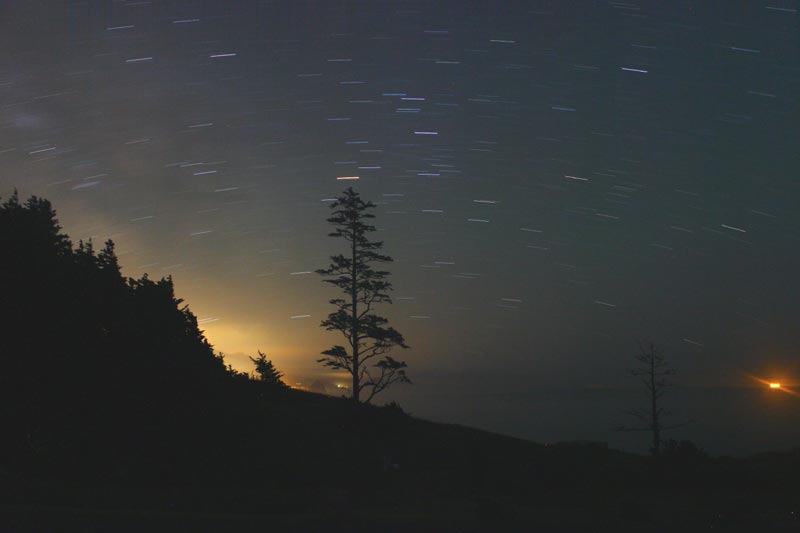
More About Oregon Coast hotels, lodging.....
More About Oregon Coast Restaurants, Dining.....
 Andre' GW Hagestedt is editor, owner and primary photographer / videographer of Oregon Coast Beach Connection, an online publication that sees over 1 million pageviews per month. He is also author of several books about the coast.
Andre' GW Hagestedt is editor, owner and primary photographer / videographer of Oregon Coast Beach Connection, an online publication that sees over 1 million pageviews per month. He is also author of several books about the coast.
LATEST Related Oregon Coast Articles
Scientists Need Help Observing Oregon Coast Sea Stars How to AssistCoastWatch is hosting an online seminar on how to submit a sea star observation. South coast events, Seaside events, Manzanita events, Lincoln City events, Newport events, Yachats events
S. Oregon Coast's Coos Bay Gets Heritage All-Star Status for Historical Aspec...
Preserving and sharing local history contributes to the economy
Companion Star to Red Giant Found, Proof of Two Supernovae: Oregon Coast Astr...
Double star detonation found and Betelgeuse has a companion star. Sciences
Catching Another Side of Astoria: Ethereal Oregon Coast Scenery at Night
A photo essay: surreal city and maybe some Star Trek
Bringing the Stars to You At Home: Washington, Oregon, Coastal Astronomy
A number of mobile star maps, astronomy aids and other types of apps that bring the wonder of the stars down to Earth. Sciences
Scientists Discover Cause of Sea Star Wasting Disease That Plagued Oregon Coa...
Pathogen related to cholera: it has killed billions on Pacific Coast. Marine sciences
One Sea Star Especially Linked to Die Off's of Kelp Forests: Oregon Coast Sci...
Sunflower sea stars are greatly endangered, and that's bad news for kelp
Cool to Kooky Celebrity Tales from Oregon Coast
Heart, King Crimson, MASH, Stargate: Atlantis, Seinfeld / Star Trek, Le Guin, Monty Python, more. Weather
Back to Oregon Coast
Contact Advertise on Oregon Coast Beach Connection
All Content, unless otherwise attributed, copyright © Oregon Coast Beach Connection. Unauthorized use or publication is not permitted







